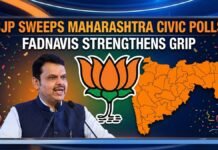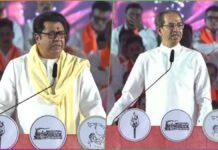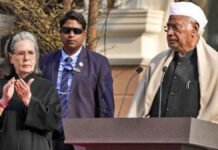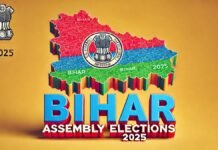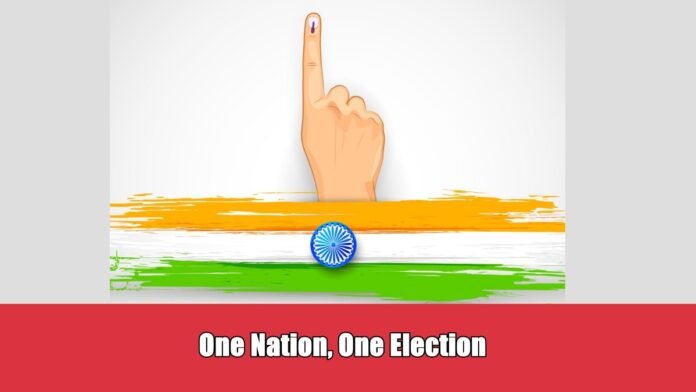
Key Highlights:
- Modi government introduces the Constitution (129th Amendment) Bill, 2024, aiming for simultaneous Lok Sabha and Assembly elections.
- Total of 467 votes cast: 269 in favor, 198 opposed; voting conducted through e-voting for the first time.
- BJP issues three-line whip but notices to be served to absent MPs amid opposition pressure.
- Congress also issues a whip mandating presence during the bill’s presentation.
- Heated debate in Lok Sabha as opposition strongly protests the bill.
New Delhi: The Modi government took a bold step on Tuesday by introducing the Constitution (129th Amendment) Bill, 2024 in the Lok Sabha, paving the way for holding Lok Sabha and Assembly elections simultaneously across the country. However, the move triggered a stormy debate, with the opposition parties fiercely opposing the bill. Amidst this, BJP’s own MPs found themselves under scrutiny as several members failed to attend the crucial session despite a three-line whip issued by the party.
The government introduced the bill amid a divided House, where a total of 467 votes were cast—269 in favor and 198 against. The voting marked a historic shift, as it was conducted via e-voting for the first time in the Lok Sabha.
BJP Cracks the Whip on Absent MPs
Despite the BJP’s strong push for the bill, internal concerns emerged over absenteeism. The party had earlier issued a strict three-line whip, mandating all its MPs to attend the session. With only 269 votes in favor, the party leadership is now identifying those MPs who skipped the proceedings. Sources indicate that show-cause notices will be sent to all absent members, asking them to explain their absence during this significant vote.
The move comes as the BJP is keen to maintain a strong presence in the House during discussions on key legislative reforms. The absence of certain MPs raises questions over party discipline, particularly as the bill sets the stage for major electoral reforms.
Opposition Unites Against the Bill
The Congress, sensing the importance of the moment, also issued a whip to its MPs to ensure their presence. Congress members, along with other opposition parties, strongly opposed the introduction of the bill, arguing that it undermines the federal structure of the Constitution and centralizes power.
During the proceedings, heated exchanges were witnessed as opposition leaders demanded extensive deliberations. Law Minister Arjun Ram Meghwal, who introduced the bill, defended the government’s proposal, calling it a step towards *”greater electoral efficiency and reduced financial burden.”
E-Voting Sparks Debate
For the first time, voting on the bill’s introduction was conducted through e-voting, marking a technological shift in the Lok Sabha’s functioning. However, this move was also met with skepticism, with several MPs raising concerns about the transparency and reliability of the system.
Two Bills Introduced: What You Need to Know
- The Constitution (129th Amendment) Bill, 2024: Provides for holding simultaneous Lok Sabha and Assembly elections across the country.
- The Union Territory Laws (Amendment) Bill, 2024: Introduced alongside the main bill to bring necessary legal changes in Union Territories.
Law Minister Meghwal introduced the Union Territory Laws Bill after obtaining voice vote consent, following which Speaker Om Birla adjourned the Lok Sabha proceedings at 1:55 pm until 3:00 pm.
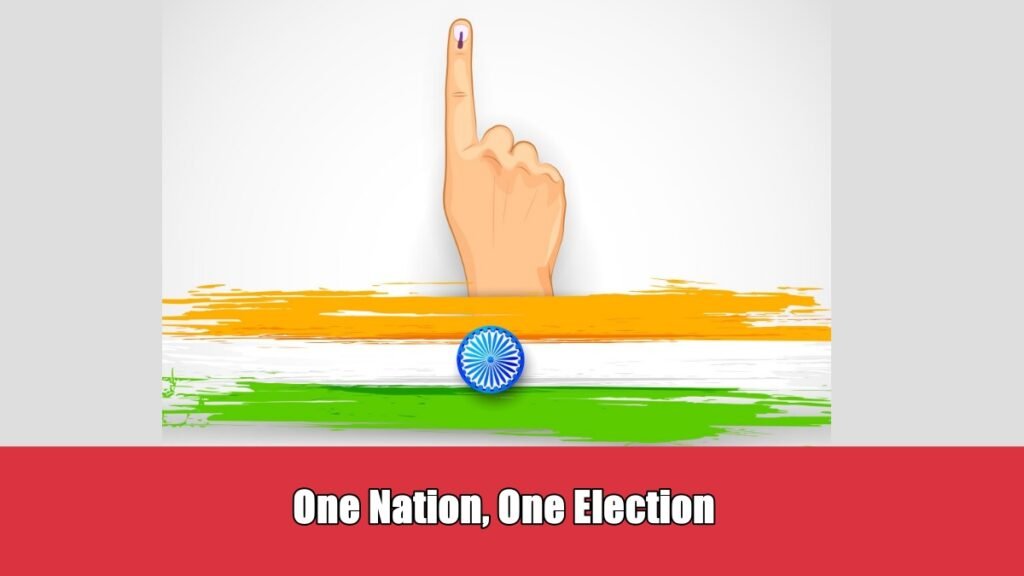
What Happens Next?
The Constitution (129th Amendment) Bill has now been sent to a Joint Parliamentary Committee (JPC) for further deliberation and extensive discussions. The move is expected to intensify political friction as opposition parties plan to challenge the bill both inside and outside the Parliament.
As the government pushes forward with its agenda for simultaneous elections, questions over practicality, constitutional concerns, and political ramifications are likely to dominate national discourse in the coming weeks.





































